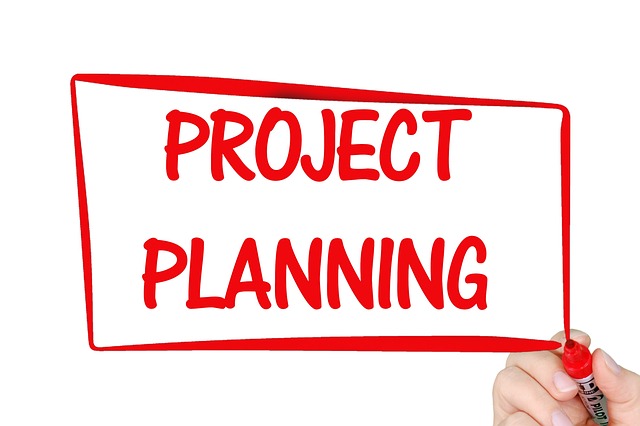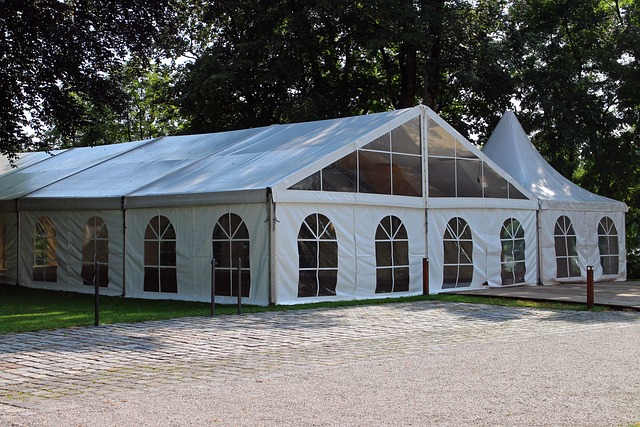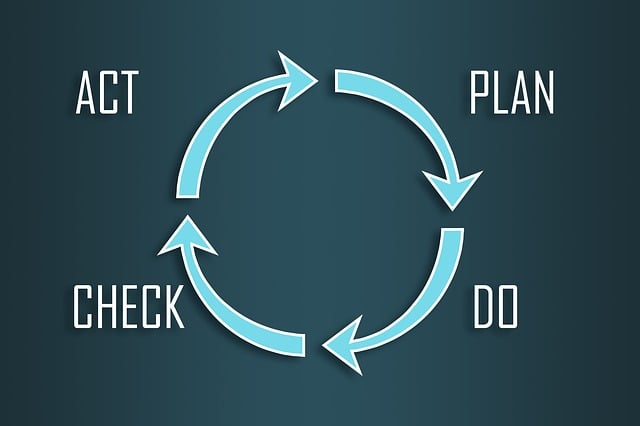Local businesses play a crucial role in organizing community events that leverage their resources and expertise to create beneficial experiences for both the community and the businesses themselves. These events are enhanced through strategic partnerships, which allow organizers to expand their reach and increase visibility, leading to more successful outcomes. The collaboration is characterized by shared value creation, where businesses can demonstrate social responsibility while addressing community issues like literacy or digital skills. A bookstore might host a reading event, providing its space for community engagement, while a tech company could offer educational workshops. Successful collaboration relies on clear communication of the initiative's goals, roles, and expectations to ensure mutual benefits and responsibilities are understood. These well-planned events contribute to strengthening social bonds within the community and support economic vitality through meaningful activities that highlight the role of local businesses in event planning for outreach. Key performance indicators such as attendance, engagement, and subsequent inquiries are essential for measuring success and refining future strategies, ensuring these initiatives remain aligned with both community interests and business objectives, thereby fostering lasting relationships and a positive return on investment.
Community outreach events are pivotal in fostering strong local ties and promoting a sense of belonging. Local businesses play a crucial role in these endeavors, leveraging event planning to create impactful initiatives. This article delves into the strategies that enable successful collaboration between community organizations and businesses, emphasizing the importance of strategic planning and participant involvement. We explore creative ideas for local business-led activities and provide insights on how to measure their outcomes effectively. Join us as we examine the synergy between event planning for local businesses and community engagement, highlighting best practices that ensure these events resonate with participants and yield meaningful results.
- Coordinating with Local Businesses for Impactful Community Outreach Events
- Strategic Planning and Collaboration: Key Steps for Successful Event Engagement
- Maximizing Participant Involvement: Creative Ideas for Local Business-Led Activities
- Measuring the Outcomes: Evaluating the Effectiveness of Community Outreach Initiatives
Coordinating with Local Businesses for Impactful Community Outreach Events

Organizing community outreach events often requires a collaborative effort, and local businesses play a pivotal role in this endeavor. Event planning for local businesses involves leveraging their resources, expertise, and influence to create impactful experiences that benefit both the community and the business. By partnering with local enterprises, organizers can tap into a broader network of supporters, enhancing event visibility and reach. These alliances are not merely transactional; they offer a platform for shared value creation, where businesses can showcase their commitment to social responsibility while addressing community needs. For instance, a local bookstore might host a literacy event, providing reading materials and space, while a technology company could offer workshops on digital skills. Such collaborations ensure that events are well-resourced and effectively managed, leading to more meaningful interactions and positive outcomes for all parties involved.
Effective coordination with local businesses requires clear communication of goals, roles, and expectations. Organizers should establish a framework for partnership that outlines mutual benefits, timelines, and responsibilities. This collaborative approach not only amplifies the impact of community outreach initiatives but also fosters long-term relationships between businesses and neighborhood organizations. By carefully planning these events with local businesses, communities can experience well-organized, enriching activities that address their interests and needs, ultimately enhancing the social fabric and economic vitality of the area.
Strategic Planning and Collaboration: Key Steps for Successful Event Engagement

Effective community outreach events hinge on meticulous strategic planning and fruitful collaboration, ensuring event engagement that resonates with local businesses and participants alike. The initial phase involves setting clear objectives aligned with the community’s needs and the host organization’s goals. This requires a deep understanding of the demographics involved and the local business landscape to tailor the event for maximum relevance and appeal. Subsequently, selecting an accessible venue that accommodates both foot traffic and digital interaction is crucial. This dual approach not only caters to on-site engagement but also extends the event’s reach through social media and online platforms, thereby amplifying its impact.
In the realm of collaboration, it’s about bringing together a diverse array of stakeholders, including local businesses, community leaders, and service providers. These partnerships can enrich the event with varied perspectives and resources, leading to innovative activities and enhanced value for attendees. Coordination among these parties is facilitated through regular communication, shared responsibilities, and a clear division of tasks. By leveraging each organization’s strengths and expertise, community outreach events can achieve a harmonious blend of educational content, interactive experiences, and networking opportunities that benefit all involved. This synergy not only fosters a strong community bond but also positions local businesses as active and supportive participants within the community fabric.
Maximizing Participant Involvement: Creative Ideas for Local Business-Led Activities

Local businesses play a pivotal role in community outreach events, offering unique opportunities to maximize participant involvement through creative activities. To foster engagement and highlight their contributions, businesses can integrate event planning into their corporate social responsibility initiatives. For instance, a local coffee shop could host a ‘Meet Your Neighbor’ coffee hour, encouraging attendees to engage in conversation and networking, fostering a sense of community and connection. Similarly, a bookstore might organize a literacy-themed event with interactive storytelling sessions for children, complete with craft activities that align with the store’s offerings.
Moreover, businesses can leverage their expertise to offer workshops or educational seminars tailored to the interests of the community. A tech company could conduct a digital literacy workshop, teaching participants how to use social media effectively for personal branding, while a fitness center might organize a health and wellness fair with free fitness classes and health screenings. These events not only provide value to the community but also showcase the businesses’ commitment to local development and their willingness to engage in meaningful ways. By thoughtfully integrating their products or services into the event planning for local businesses, they can create experiences that are both enjoyable and educational for participants, thereby solidifying their role as integral members of the community fabric.
Measuring the Outcomes: Evaluating the Effectiveness of Community Outreach Initiatives

Effective community outreach initiatives are a cornerstone for local businesses to engage with their audience and foster meaningful connections. To measure the outcomes of such events, it’s crucial to establish clear objectives and key performance indicators (KPIs) beforehand. These could include metrics like attendance rates, participant engagement levels, social media mentions, and follow-up inquiries. By collecting data through surveys, feedback forms, and analytics tools, businesses can assess the impact of their outreach efforts. This data helps in refining future event planning strategies, ensuring that the initiatives resonate with the community’s needs and preferences. Additionally, tracking long-term customer relationships formed as a result of these events provides valuable insights into the return on investment for local businesses involved in community outreach. By analyzing these outcomes, businesses can tailor their approach to maximize engagement and effectiveness, ultimately strengthening their position within the community and achieving their outreach goals.
Community outreach events, a vital avenue for local businesses to engage with their constituents and enhance civic ties, are set to unfold with impactful initiatives. The strategic planning and collaboration across various sectors have been pivotal in ensuring these events resonate with participants. By harnessing creative ideas led by local businesses, the upcoming outreach efforts aim to maximize involvement and foster a sense of unity. As these events progress, the evaluation of outcomes will provide valuable insights into their effectiveness, guiding future endeavors in event planning for local businesses to further strengthen community bonds.






